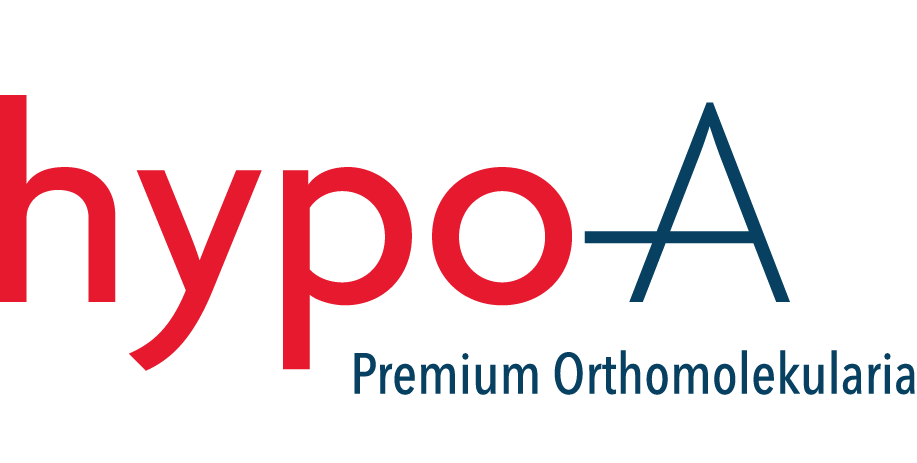According to the DGE (German Association for Nutrition), polyunsaturated fatty acids in adults should provide approx. 7-10 % of dietary energy. The more saturated fatty acids are contained in the food, the more unsaturated fatty acids should be provided for balance. Normally, an intake of 1-2 g of omega-3 fatty acids daily is recommended for healthy adults.
Intake recommendations from scientific bodies
| Association | recommended daily dosage |
|---|---|
| DGE (German Nutrition Society) | plant or animal based omega-3-fatty acids: 1,1-1,2 g/ day |
| AHA (American Heart Association) | plant based omega-3-fatty acids: 1,5-3 g/ day, animal based omega-3-fatty acids: 500 mg/ day |
| WHO Europe (World Health Organisation)WHO Europe (World Health Organisation) | plant based omega-3-fatty acids: 2 g/ day, animal based omega-3-fatty acids: 200 mg/ day |
According to the DGE, the average daily intake of omega-3 fatty acids of approx. 0.15-0.25 g DHA and EPA per day is clearly below these recommendations. A higher intake of omega-3 fatty acids may be particularly sensible
- if the need is increased, e.g. during pregnancy, the breastfeeding period, growth phases or at older ages
- if the food contains a lot of saturated fatty acids or omega-6 fatty acids, e.g. in diets rich in meat and low in fish
- if the intake is hindered, e.g. with chronic disorders of the liver, gall bladder and pancreas and chronic inflammatory disorders of the intestines
- if certain diseases are present.
Omega-3 fatty acids can be destroyed through oxidation. This occurs, e.g. regularly through excessive heating when preparing meals.
In the case of an increased intake of omega-3 fatty acids, the simultaneous intake of antioxidants like vitamin C and E is sensible as protection against oxidation.
An excessive intake of omega-3 fatty acids can under certain conditions increase the tendency to bleed. However, up to 3 g of DHA and EPA per day are considered by the DGE to be harmless.
To help reduce the risk of dying from from coronary heart disease, the German Institute for Nutrition (DGE) recommends taking a total daily allowance of 250 mg of the polyunsaturated acids EPA (eicosapentaenoic acid) and DHA (docosahexaenoic acid).


